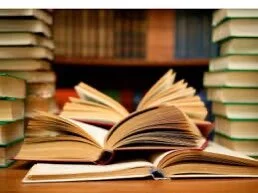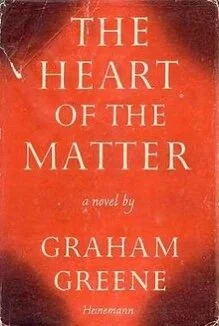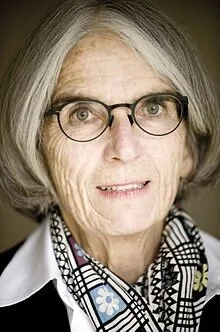Jerry and I often read the same books. Of course. We’re in the same house, we talk about what we’re reading, and that sends the other one to the same book. Sometimes I have trouble articulating what’s deficient about one he likes, and sometimes he has trouble convincing me it’s a good book. For instance, I’m reading Kristin Hannah’s new book, Four Winds. Jerry liked it. I did like her first one, The Great Alone. But even then, I was trying to explain to him why her work feels, um, shallow. She’s a good plotter. Four Winds is a Dust Bowl story, with all the consciousness-raising drama of extreme poverty, government failures, plus lost and found love. It’s an engaging plot. But it’s not The Grapes of Wrath.
Four Winds feels to me like a lesson, complete with mini-sermons. This is how it was. This is why. Poor people, look what they had to endure. Look how brave some of them were. Some such novels contain lessons in understanding race, a particular disease, sexual abuse. Jodi Picoult comes to mind. The plot, or your interest in learning about the issue, can often pull it along, but still.
I recently pulled off our shelf two of Graham Greene’s novels (The Heart of the Matter, and The Comedians) and read, maybe re-read them. It’s been so many years I’m not sure which. The dilemmas of those novels are so much more complex—what does it mean to sacrifice for another? What is right and what is wrong, really? What if, in one case, you have to condemn your soul to hell, as you see it, to do what seems to be the loving thing? You feel the moral anguish of the character because it’s about the character. Moral anguish is a quality emanating from the character.
Also, Graham Greene’s writing itself I’d compare in a small way to Virginia Woolf’s—it places its attention just beneath the surface of the narrative so that it’s more the emotional tenor than the actual movement of plot that is the most interesting.
I can feel Kristin Hannah (and others—she’s just an example) plotting out a story. A good story, maybe. The characters have some depth. But they sit on the surface of the complex emotional implications. And/or, it’s just that the language is wooden. I can forgive anything but wooden language.
Okay, Jerry and I both I have Ph.D.s in literature and I have a lifetime of writing. The way we as teachers offered any evaluation is simply in what we chose to teach. This must be “good,” our students assume, because it’s on the syllabus. Otherwise, the approach is descriptive, and historical (these days more cultural). That’s fine. It’s a land mine to get into evaluation. By whose standards?
But one evaluates, anyway. This year of enforced hibernation I’ve been reading, for the first time in my adult life, for absolutely no reason. I am become as a child, you would say if you were being Biblical. The way I read when I was young, walking around the library, pulling books off the shelf, no motive, no goal, no standards other than, “Humm, this looks interesting.”
Camus said that to sit in a room by yourself miserable
for a year will teach you more than a hundred literary
salons and forty years’ experience of Parisian life.
Donna Leon
And what about mysteries? Take my favorites mystery writers, Louise Penny, Jacqueline Winspear, and Donna Leon. A mystery is nothing without a strong plot. But I grow deeply fond of the confusions and insecurities of the characters. Of their mistakes and bafflements. I remember them more the way I remember a favorite uncle or aunt—not what they do or did, but who, in total, they are.
Of course, when all has felt so awful and uncertain, a plot that you know will end all for the best is a great relief. Especially at bedtime. You don’t want to fall asleep tied in knots.
It’s true I’ve come to so appreciate what I once sneered at: plot-as-escape. What will happen next? Who’s the killer? Will two lonely people finally realize they love each other? Yet for only so long. I think it is deadening to read this way all the time, one story after the other. You might want to have a glass of wine in the evening, to relax, but you don’t want to drink the whole bottle.
Many books have been written on this subject, of course. This is just to say that my pandemic reading has sharpened my awareness at a kind of meta-level about what I’m consuming, and why. I wonder if it has, yours, too?
P.S. Added later: Next post may be Jerry’s retaliation to this one. If I can convince him to do it.



